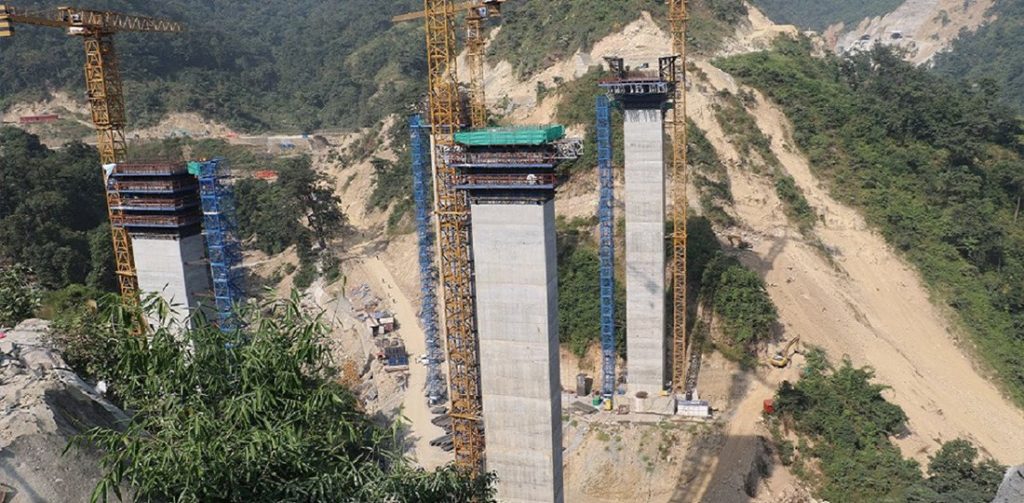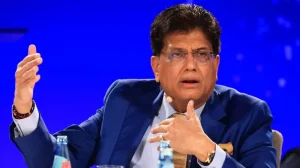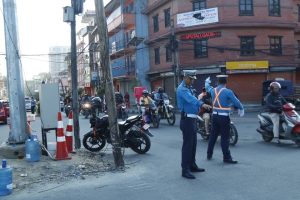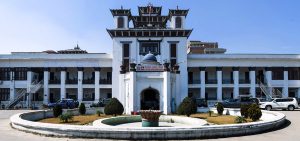KATHMANDU — The Nepali Army has achieved remarkable progress in connecting remote regions and completing national pride projects on schedule. According to the Army, it has so far completed 32 strategically important road projects and handed over more than 1,400 kilometers of pilot tracks to the government.
Brigadier General Manoj Thapa, Director of the Army’s Directorate of Works and Engineering, said these projects have significantly improved mobility from the mountains to the plains. He emphasized that the Army’s dedication extends beyond national security to include active contributions in the country’s development.
Humla Linked to National Road Network via Karnali Corridor
With the installation of a bailey bridge at Chuwa Khola in Kharpunath under the Karnali Corridor project, the remote district of Humla has been officially connected to Nepal’s national road network for the first time. The Army played a decisive role in making this possible.
Similarly, the Army is currently constructing five major road sections — Khandbari–Kimathanka, Karnali Corridor, Banighat–Arughat–Larke Bhanjyang, and Darchula–Tinkar — covering a total length of approximately 274 kilometers. Director Thapa said all these projects have been prioritized for timely completion.
Kathmandu–Tarai Expressway Making Rapid Progress
The Army took over the responsibility of building the Kathmandu–Tarai/Madhes Expressway in April 2017 (Baisakh 2074 B.S.). Although the project’s start was delayed due to the lengthy process of approving the detailed project report (DPR), construction has now gained strong momentum.
According to Project Director Dharmendra Kumar Jha, the 70.977-kilometer expressway has achieved 43.6% physical progress and 44.72% financial progress. The expressway includes more than 87 bridges, some of which are as tall as 82 meters. Most of the bridge works are now in their final stages.
Jha said the project is expected to be completed by the end of Chaitra 2083 (March 2027) within the initial estimated cost of Rs 213 billion.
Boost to Economic Growth
Once completed, the expressway will provide a direct and shorter route between Kathmandu and the Tarai, reducing both travel time and transportation costs. This is expected to have a significant long-term impact on Nepal’s economic growth and trade efficiency.
According to the Army, of the seven planned tunnels, two have already been excavated, two are under construction, and three are in the portal phase. Director Jha reaffirmed that the Army is making every possible effort to complete the project within the target timeline.






